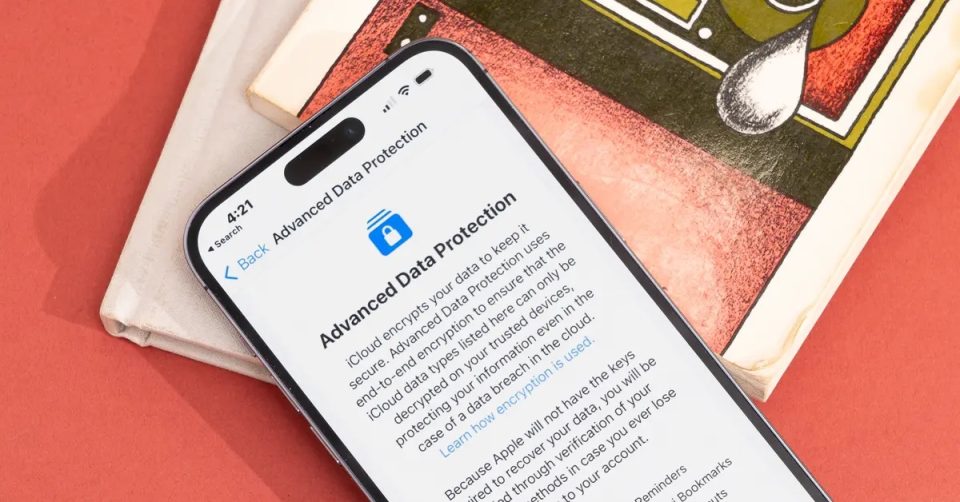Note apps have become an essential tool for many. You rely on apps like Private Note, Google Keep, and others to jot down ideas, thoughts, to-do lists, and sensitive information. These notes often contain private details about our lives, confidential work materials, financial records, and more.
Security vulnerabilities of note apps
Unlike apps dedicated to securing sensitive data, like password managers, plain text note apps are not designed primarily with security in mind. Features like collaboration and cross-device syncing introduce vulnerabilities that hackers can potentially exploit to access private notes. Without rigorous encryption and permission controls, these apps leave the door open for data theft. Even popular note apps with millions of users have suffered breaches. In 2016, over 68 million Dropbox account credentials were exposed in a massive leak, giving hackers access to users’ cloud-synced notes. In 2020, password reuse attacks allowed criminals to access Evernote accounts after breaching other platforms. These incidents highlight the need for note apps to make security capabilities like password protection a priority in their offerings.
Security blanket of passwords
The most basic security precaution note apps implement is password requirements. Protecting access to the app itself with a log-in password provides a critical firewall that can halt unauthorized access to users’ data. App creators like Microsoft, Google, and Apple now prompt and guide users through setting up this baseline protection when first signing up. However, lax password policies still leave accounts vulnerable. According to Evernote’s 2021 transparency report, over 15 million login attempts used breached credentials, showing many users rely on weak, reused passwords.
- Unique – Created just for that account and not used anywhere else
- Long – At least 12-14 characters to make brute force hacking difficult
- Complex – Using upper and lowercase letters, numbers, and symbols make passwords harder to crack
- Updated Frequently – Changing passwords every 90 days reduces the risk of lingering compromised logins
Multi-layered note encryption
Going beyond a secure master password for the app itself, some note services offer additional encryption measures for individual notes and notebooks. For example, Evernote allows users to create a separate password to encrypt specific notes or entire notebooks. This adds an extra authentication requirement before accessing that protected content. Encrypted notes in Evernote are jumbled into unreadable text until unlocked with the password. Other apps like Joplin take encryption even further by using end-to-end encryption. This ensures that all content is scrambled and unreadable by anyone except the user-including the app creators themselves. Joplin uses military-grade AES-256 encryption by default for secured notes.
Granular permission settings
What happens to the safenote if startup fails? To reduce the risk from within, some corporate-focused apps like Microsoft OneNote and Google Keep allow administrators to set permissions on who can access notes. This helps teams collaborate while limiting exposure to sensitive data. Keep’s workspace tools enable managers to restrict notes to specific groups or domains. OneNote’s section-based restrictions provide more fine-grained control for collaboration. By dialing in people-based permissions, enterprises can share notes securely across departments.
Two-factor authentication for added security
Note services aim to seal up vulnerabilities in user accounts themselves by providing two-factor authentication at login. This requires entering a one-time code from another device, like a mobile app or hardware key, at each login attempt. So even if a password is stolen, the criminal’s access can be halted at the 2FA prompt. It offers 2FA-often tied to a user’s smartphone as an optional added layer of protection on logins. Experts consider having 2FA enabled on any app containing sensitive data a must-have for adequate security today.

